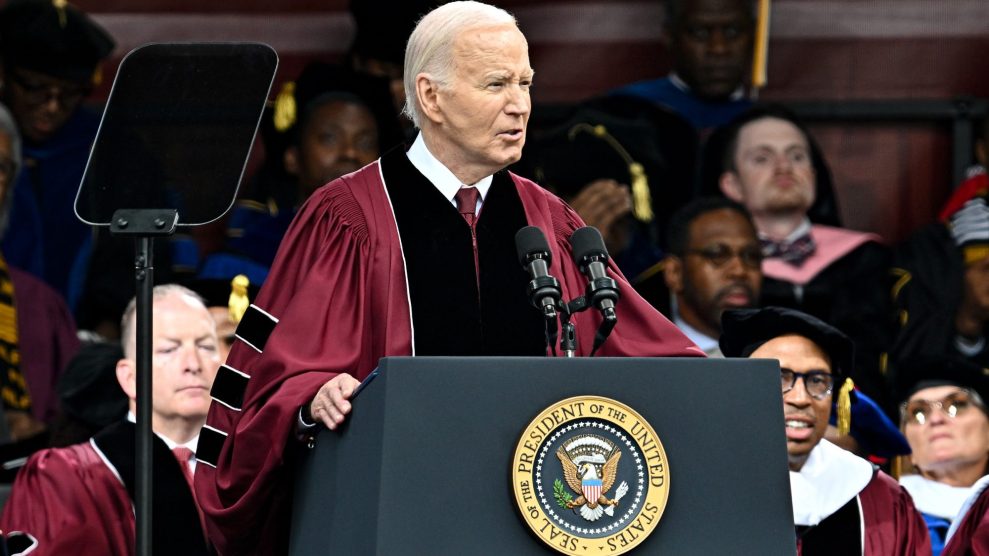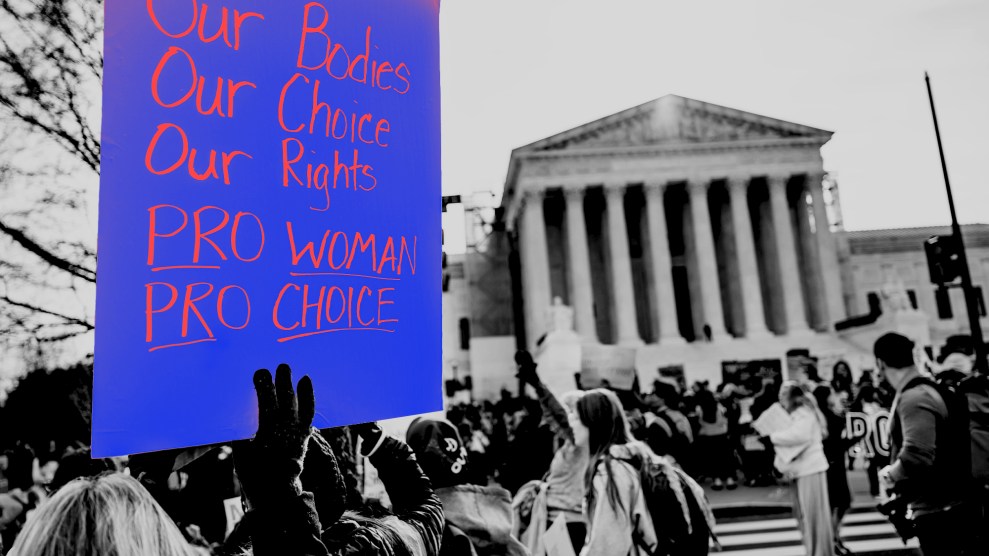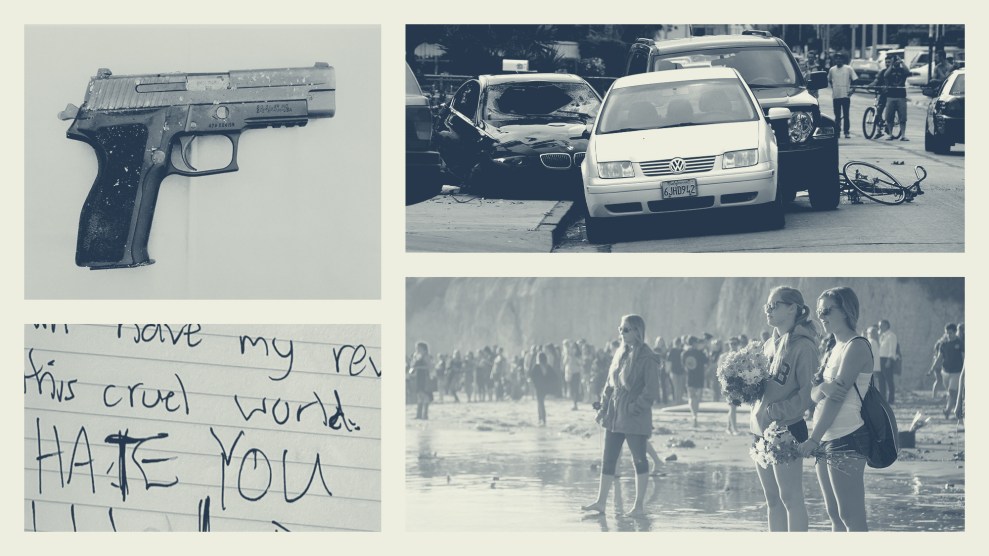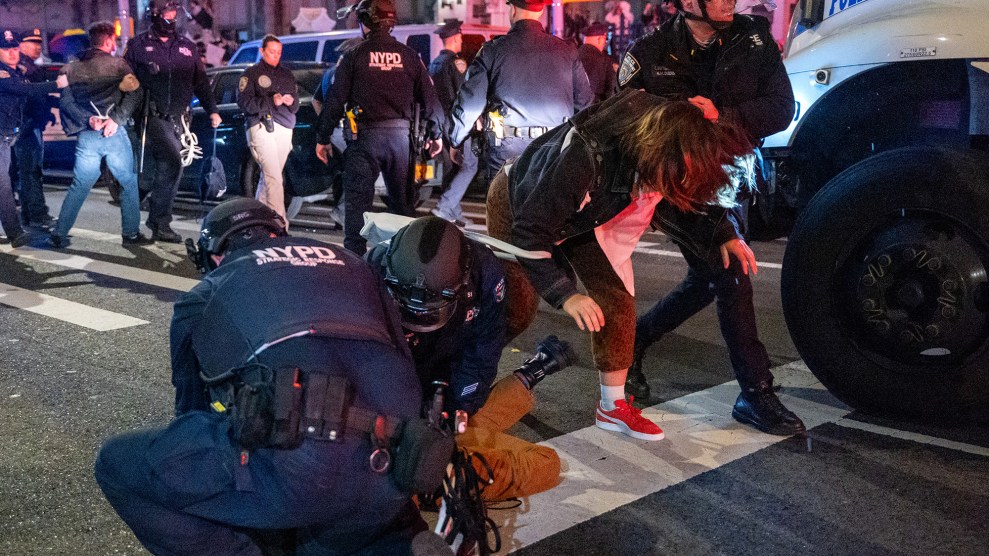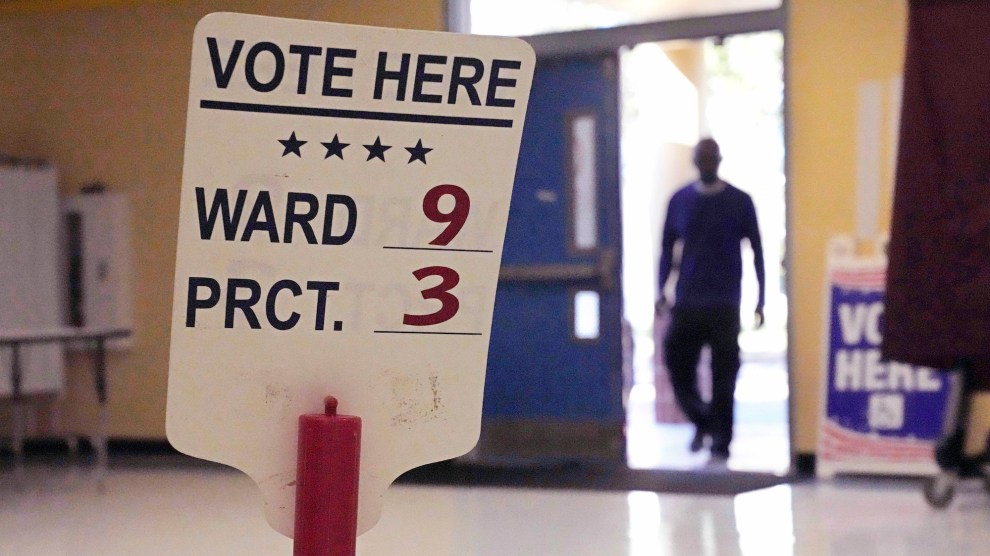Q: After American troops withdraw, will the violence in Iraq escalate?
“I don’t even think it is a fair question. There is no guarantee with anything in life. Anybody who says, ‘Oh, if we pull out on this timeline or do it exactly this way, Iraq is suddenly going to look like Sweden’ is fooling himself.” —Kevin Martin, Peace Action
Q: Should the peace movement offer a contingency plan for peacekeeping?
“That’s not our job. Our job is to generate political pressure to get the U.S. out of there and end this nightmare that the U.S. is responsible for. You are trying to hold us to a higher standard of accountability than anyone is holding the Bush administration to, and I’m wondering why. In my organization and the umpteen antiwar coalitions that I am in, this is in no way a priority that we think about or talk about.” —Kevin Martin
“I’ve spoken with Iraqi women who have come here to this country and they say, ‘Leave us alone, we will handle whatever goes on in our country.’ They tell me all the time, ‘We’re used to sleeping on our roofs with guns in our hands.’ It’s terrible, but they really want to settle this themselves. I don’t think we need to have a plan; we need to get out of there.” —Elaine Brower, World Can’t Wait
“It’s hard to find many alternative strategies. In the days of the Vietnam antiwar movement, there were tremendous fights about different strategies. Here, there’s no fight whatsoever. Nobody even thinks strategically.” —Rabbi Michael Lerner, Tikkun
Q: Under what conditions would you redeploy American troops to Iraq?
“If they literally went there to help calm the situation down, yes, it would be a good thing. But I don’t see our military doing that at this point.” —Elaine Brower
Q: What will prevent Iraq’s civil war from flaring into genocidal violence?
“We have to get the international community—the U.N., the Arab League—involved. The transition plans should set up different scenarios that could include an increase in violence and how the international community, not the U.S., should respond to that.” —Medea Benjamin, Code Pink
“Take the United States out of the equation and other countries can then come in and actually assist. Countries that speak the language, have a similar culture, a similar religion—as opposed to an English-speaking, largely Christian nation with big boots and a heavy presence.” —Michael McConnell, American Friends Service Committee
Q: What will make the world stop genocide in Iraq when it didn’t in Rwanda or Darfur?
“The Europeans, the Japanese, and the Chinese are all concerned about the flow of oil. Come on, there is a hell of a lot of difference, unfortunately, between the international community’s concern about a resource-poor nation like Rwanda and a region like the Middle East.” —Medea Benjamin
Q: Is there any contradiction between supporting U.S. military intervention to stop the Rwandan genocide and opposing U.S. military intervention to prevent ethnic cleansing in Iraq?
“There is a little bit of a conflict there, but in general, the use of force by anybody must be a last resort and there is enough of a track record of U.S. military force not to trust it in virtually any situation.” —Leslie Cagan, United for Peace and Justice
“It’s a totally different situation. We are looking at a case now where the American presence is a major part of the problem.” —Medea Benjamin
The Washington ClockWhen it comes to planning withdrawal, the American electoral calendar may matter a lot more than the latest news from Iraq. |
|---|
| coming soon: “We’re going home. It doesn’t matter who’s president. Nobody’s gonna want this albatross around their necks. Whoever gets elected wants a second term, right? So I’d say summer ’09; that’s when I expect a very big withdrawal.” —Juan Cole, Middle East historian |
| passing the buck: “There will start to be a gradual drawdown before 2009, but it’s not going to be serious until the next administration. The reason for that is quite simple: George Bush’s plan for ‘success’ is to leave all the mess to his successor.” —Senior congressional staffer |
| surge overkill: “Having forces of above 100,000 is pretty significant politically. If you pursue these high levels of troops through the end of the Bush administration, you risk creating such a backlash with the next administration that you kind of pull the plug on Iraq altogether.” —Colin Kahl, Center for a New American Security |
| poll position: “I would remind my fellow Democrats that Americans may not like this Iraq war, but they also don’t like to lose. Democrats will have to worry about the Iraq issue actually working to their disadvantage and losing the election if they get too extreme in their positioning.” —Michael O’Hanlon, Brookings Institution |
